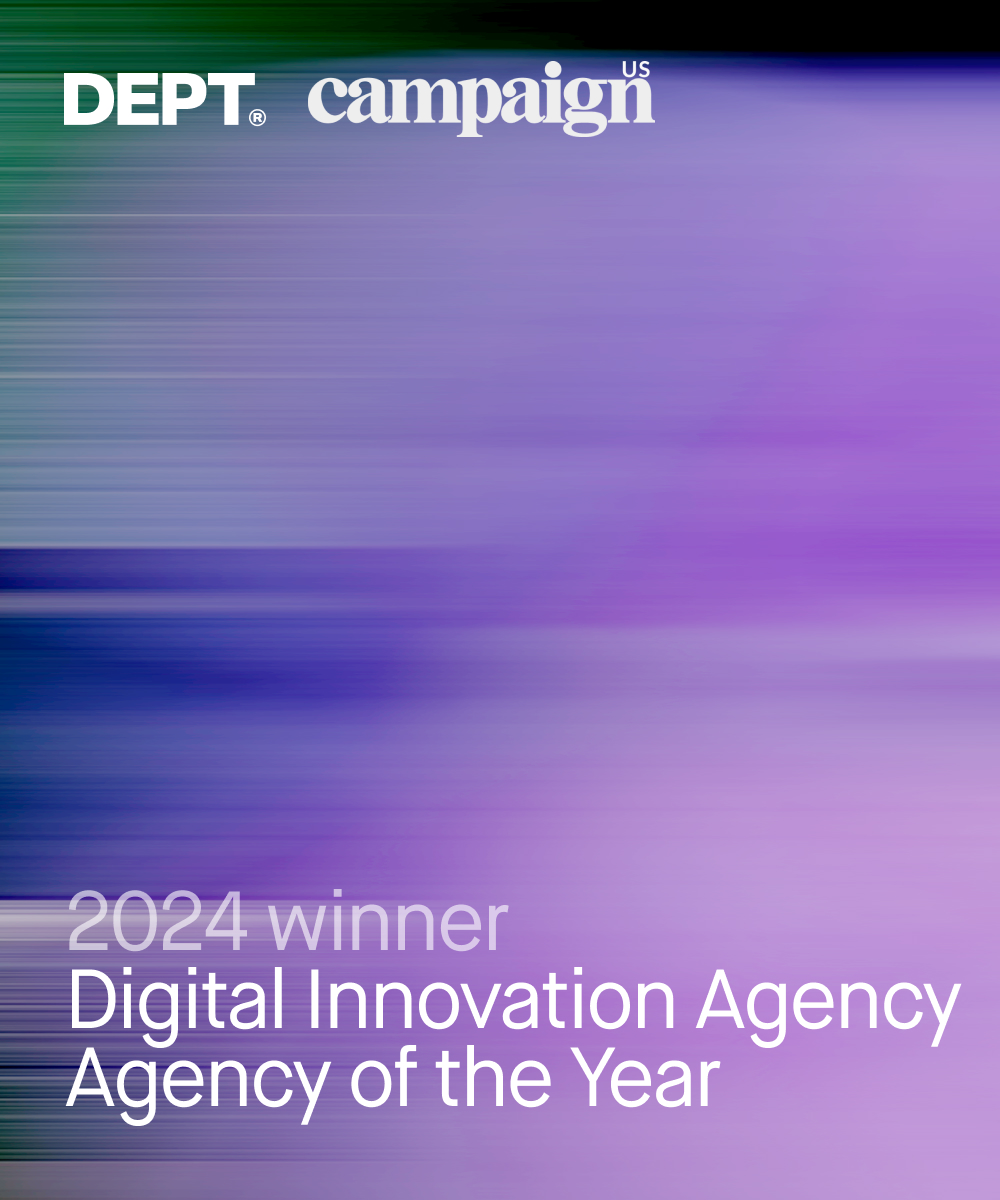What does the future hold for the UK digital services sector?
As highlighted in the Econsultancy Top 100 Digital Agencies report 2018, the digital services industry in the UK is changing, evolving and growing rapidly. There are some larger trend patterns that will influence and disrupt the market in ways agencies will have to take measures for.
Brexit
According to an Econsultancy study earlier this year with 300 business leaders, only 10% have implemented and 29% are developing a new, post-Brexit marketing strategy. Worryingly, 58% of respondents stated that their organisation wasn’t planning to make any changes in light of the UK’s split from the EU. This suggests that companies may seriously be underestimating the impact of Brexit, and will have to adapt their strategies as soon as possible in order to not lose out on clients and talent.
On the flip side, some marketers are using it as an opportunity to strengthen their brands. A consumer study by Rakuten Marketing found that 52% of consumers indicated that prefer goods made or sourced in the UK. 17% of marketers in the Econsultancy study stated that they have run specific campaigns focused on the UK sourcing of their products. Where relevant, there is definite opportunity to monetise this trend.
For digital services businesses, Brexit brings a few concrete concerns. With freedom of movement ending, it’s a possibility that the industry will lose the diverse European workforce across the digital sector. Priority may be given to highly skilled workers over low-skilled workers when it comes to visa applications. Since digital agencies recruit high-skilled workers, this might soften the Brexit blow a little.
Whilst the full effects of Brexit remain to be seen, it can already be noted that the net migration of European Union citizens to the United Kingdom has fallen from 189,000 to 90,000 from June 2016, which means that the potential EU talent base for organisations in the UK has fallen by almost 50%. In order to keep this diversity, more measures will have to be taken regarding visas to keep those employees in the UK.
Talent crisis
One of the biggest challenges according to Econsultancy’s Top 100 Agencies is the war on talent. Skills shortages are especially prominent in the data science and digital design areas, potentially as a result of the lack of degrees in these areas. This is resulting in small talent pool for agencies to draw from.
The RSW/US New Year Outlook found that 83% of marketers found it difficult to hire high-quality employees.
Additionally, Deloitte discovered that only 16% of executives believe that their talent pools have capabilities to deliver digital strategy.
The need for a talented team is business critical, especially when executives do not have confidence in their own digital skills; Deloitte found that 45% of leaders feel that they are unable to lead an organisation in the digital economy.
Digital skills are widely sought after across all industries or all sizes; businesses really have to step up their game when it comes to employee engagement and culture if they’re to succeed in finding and retaining the best talent.
The evolving role of agencies
Over the last couple of years, the nature of relationships between agencies and clients has been changing. In the past, client-agency relationships were typically transactional – based on one time projects. Nowadays, the client-agency relationship spans an average of 3.1 years and has become more collaborative between in-house departments and agencies. This also means that agencies are able to work closely on up-skilling their clients, enabling them to be self-sufficient in the future.
This ties into the fact that the role of the digital agency is changing. Whereas in the past there was a separation between ‘Adtech’ (media buying – typically done by agencies) and ‘Martech’ (personalisation and owned media – typically done in-house), there is now more of a convergence into ‘Madtech’, the synergy of the two.
In regards to paid media, brand safety concerns (such as wanting to avoid scandals with their ads showing up beside questionable content), mean that contracts and relationships with partners are being reviewed. Clients are demanding more transparency, not only about where their content is placed, but also regarding fees and hidden costs. These concerns lead to companies pulling services back in-house in order to gain more control. This is a risk, though, since agencies generally have a better understanding of user attention and ad effectiveness.
With new technologies, such as AI, emerging and evolving rapidly, companies often need expert guidance on how to harness the potential. Businesses are actively looking for help from outside partners to help educate, navigate and implement new technologies. Agencies can then take on the role as sense-makers, leading to a new reason why clients would prefer to work with an agency rather than doing things in-house.
As a result, agencies will have to change their positioning in order to reflect that they can be seen as enablers of the digital future and drivers of innovation, as well as trusted partners and keepers of brand safety.
In conclusion
Even though some of the trends described will change the way digital agencies do business and attract talent, plenty of opportunities can be seen too. Digital agencies are redefining themselves in order to be appealing to new talent, as well as to demonstrate to clients the many benefits of outsourcing to specialists. There is a bright future ahead for digital, so long adjustments are made to the evolving needs of international business.
More Insights?
View all InsightsQuestions?
Head of Marketing, EMEA




